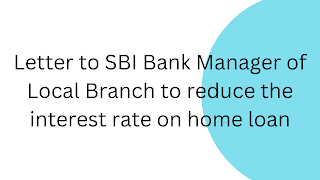Mark Rutte: Dutch coalition government collapses in migration row
The Dutch government has collapsed because of a disagreement between coalition parties over asylum policies, Prime Minister Mark Rutte has said.
The four parties were split in crisis talks chaired by Mr Rutte on Friday.
Mr Rutte then met King Willem-Alexander in The Hague on Saturday and agreed to lead a caretaker government until fresh elections, expected in mid-November.
Coalition partners had objected to his proposal to restrict the scope for immigrant families to reunite.
The government was set up a year and a half ago but the parties have been opposed on migration for some time.
Mr Rutte gave no details of his talks with the king, which lasted about an hour and a half. "It was a good discussion, but I'm not saying anything else because these discussions are confidential," he told reporters.
His conservative VVD party had been trying to limit the flow of asylum seekers, following a row last year about overcrowded migration centres. His plans were opposed by his junior coalition partners.
Asylum applications in the Netherlands jumped by over a third last year to more than 47,000 and government figures said earlier this year that they expected roughly 70,000 applications in 2023.
This week, Mr Rutte tried to force through a plan which included a cap on the number of relatives of war refugees allowed into the Netherlands at just 200 people per month.
But junior coalition partners the Christian Union, a pro-family party, and the socially-liberal D66 were strongly opposed.
"The decision was very difficult for us," Mr Rutte told journalists as he announced his cabinet's resignation. The differences in views between the coalition partners were "irreconcilable", he added.
"All parties went to great lengths to find a solution, but the differences on migration are unfortunately impossible to bridge."
A compromise proposal, known as the "emergency brake", which would only trigger the restrictions in the event of an excessively high influx of migrants, was not enough to save the government.
"The four parties decided that they cannot reach an agreement on migration," the Christian Union's spokesman Tim Kuijsten said. "Therefore they decided to end this government."
Mr Rutte, 56, is the country's longest serving prime minister and has been in office since 2010. The current government - which took office in January 2022 - is his fourth coalition.
He said he still had the energy for a fifth term, but a final decision would have to await consultations with his party.
He has been under pressure on migration because of the rise of far-right parties such as Geert Wilders' PVV.
The Farmer-Citizen Movement (BBB), which became the biggest party in the upper house of parliament after a shock election win in March, said they will not serve in any future government led by Mr Rutte.









Comments
Post a Comment